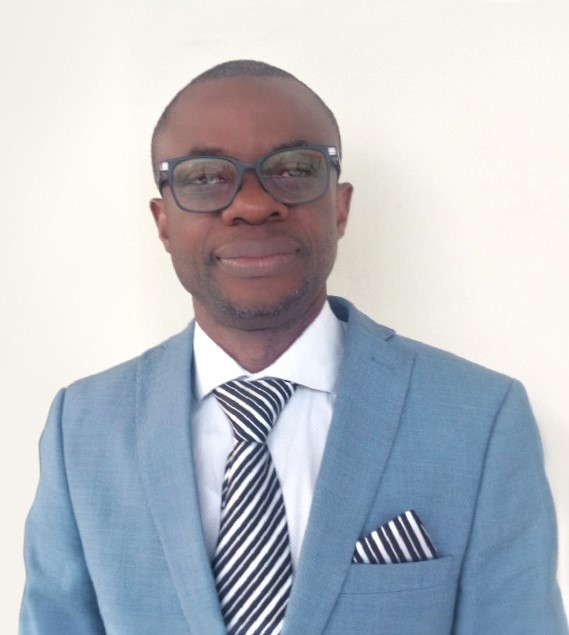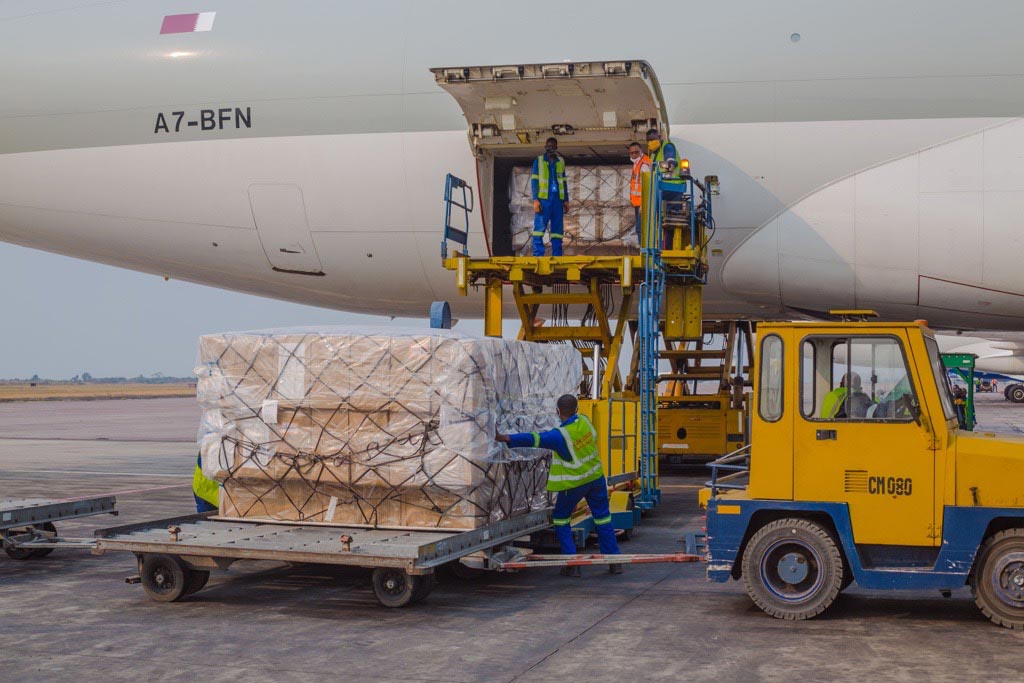Protecting community health workers means protecting communities in the DRC
Preventing and controlling infectious disease is possible with dedication of health workers, multi-stakeholder collaboration and equitable access to vaccines. Africa’s wild polio-free certification, which took decades of collaborative effort, is a great example of this.
- 8 October 2020
- 3 min read
- by Village Reach

 |
Freddy Nkosi, |
Preventing and controlling infectious disease is possible with the dedication of health workers, multi-stakeholder collaboration and equitable access to vaccines. Africa’s wild polio-free certification, which took decades of collaborative effort, is a great example of this.
But as the world responds to the COVID-19 pandemic we cannot forget how critical it is to maintain routine immunisation during a crisis. For many low- and middle-income countries that means relying on community health workers (CHWs), who play a critical role in linking vulnerable and under-served populations to health care all over the world.
In the Democratic Republic of the Congo (DRC), we know from the 2018 Ebola outbreak that CHWs were not only vital in controlling the spread of Ebola, but also in maintaining routine immunisation for so many communities. When communities have limited access to routine health care it can lead to consequences extending far beyond controlling one virus. This is why in DRC, the Ministry of Health (MoH) and the Expanded Programme for Immunization (EPI) have been working hard to ensure routine immunisation does not decline during the COVID pandemic.

Photo credit : Jeremie Bakaba/Studio Media Mak
Three independent surveys conducted by EPI in DRC have shown an increase in immunisation coverage between January and June 2020 in three provinces: Kinshasa, Mongala and Tshuapa. EPI’s efforts to increase immunisation sessions at health facilities throughout the country during COVID have contributed to an overall decrease in unvaccinated children in DRC, as well as increased access to health services to an additional 60,000 children.
Some of this success is due to our CHWs who administer routine immunisation, and screen and test for prevalent infectious diseases, like Ebola and COVID-19. They are particularly well placed to respond to any disease outbreak because of the foundations of trust they have already established with their communities, allowing them to communicate and implement new and rapidly evolving community-level response measures.
But to maintain this progress community health workers need to be protected.
The world is suffering from severe shortages in personal protective equipment (PPE) putting health workers everywhere at risk. Unfortunately, CHWs in lower middle-income countries can be among the last to receive PPE, and CHWs administering vaccines and treating patients need PPE now to keep safe and keep serving.
In a large effort to protect CHWs, the DRC is one of the first of 12 countries receiving PPE supplies from the COVID-19 Action Fund for Africa, a collaborative of over 30 organisations and 24 governments. Throughout September we will be receiving over 4.5 million pieces of PPE (weighing over 100,000 kg) including masks, face shields, gloves, KN95 masks and gowns. With over 10,000 COVID-19 cases in DRC, these supplies will help CHWs respond to the pandemic, as well as continue to increase vaccination rates in children. Additionally, the MoH is planning to use some of the donated PPE supplies for a polio campaign in October in several provinces where vaccine-derived poliovirus continues to spread.
When CHWs have the PPE needed to safely do their jobs, everyone benefits. It is through collective action that we can stop the spread of vaccine preventable diseases and create a world where each person has the health care needed to thrive.
More from Village Reach
Recommended for you





